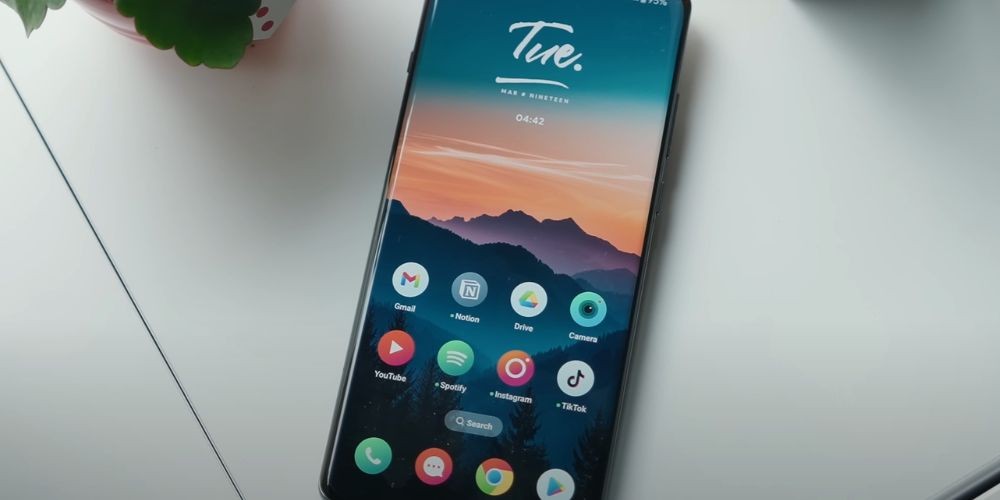Bridging the Communication Gap: Apple's Anticipated RCS Support in iOS 18
- Mar 30, 2024
- 67

In a landscape where seamless communication reigns supreme, Apple users could be on the verge of a significant upgrade. Google has hinted at a monumental shift in messaging dynamics with the potential introduction of Rich Communication Services (RCS) support by Apple. If the speculations hold true, the fall season may mark the end of a longstanding barrier between iPhone and Android users — heralding a new chapter of interconnected chats.
The ephemeral sighting on Google Messages' website alludes to Apple's embarkment on RCS integration. Although swiftly removed, this slip gave a fleeting glimpse into the tech giant's plans, fueling anticipations of enhanced cross-platform communication. This integration could spell the end for the notorious "green bubble-blue bubble" saga that differentiated iPhone and Android text exchanges, leveling the messaging playing field to a singular standard of modernity and high functionality.
This move isn't merely about aesthetic consistency; it's a leap toward universal communication standards. With RCS, iPhone users can expect enriched features akin to those enjoyed within iMessage, such as high-resolution media sharing and read receipts — capabilities that were previously hindered when texting Android users. It's a sizable stride toward inclusivity and improved digital interactions in a world that increasingly depends on them.
The implications of this potential development are vast. The RCS standard is not just another tech update; it represents an evolution in how we stay connected, breaking down walls between operating systems. Moreover, amid heightened scrutiny of Apple's practices, this inclusion may be a timely response to critics advocating for more open ecosystems and cross-platform interoperability.
In conclusion, if Apple brings RCS support to iPhones, it will mark a significant moment. It's a step that could catalyze a more unified digital environment where communication is truly universal. As we await official confirmation, one thing is clear — our messaging experiences are poised for a remarkable transformation.